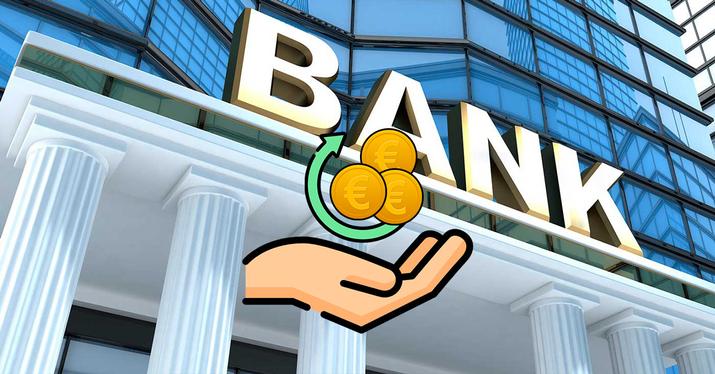The Bank of Spain has shed some light on one of the most frequent practices at the financial level. Returning a receipt can be given in cases in which we do not have a sufficient balance to face the collection or voluntarily if we believe that we have been overcharged or improperly. Each one has its consequences.
In general, returning a receipt is bad financial practice and can negatively affect your credit history. If you’re having trouble paying a bill, it’s best to talk to your service provider or creditor to find an alternative solution, such as a payment plan. If you believe you have been charged in error or the wrong amount, there are alternatives to resorting to returning the receipt as a way to decline a payment.
Consequences of returning a receipt
According to the Bank of Spain, the regulation of payment services contemplates the right of the client to order the return of receipts or direct debits that the entity has to attend to. This return can be made within a period that is different if the charge was previously authorized (eight weeks) or not (thirteen months).

If the return occurs because they give us a receipt by mistake or because we need urgent liquidity at that moment, if we do not specify the cause, we run the risk that the supply company believes that we have canceled the service.
If the bill being returned is related to a utility, such as water or electricity, the service provider may turn off service until the bill is paid. In addition, additional charges may apply for service reconnection.
“In particular cases such as receipts issued by Social Security or by the Tax Agency, the return may generate surcharges and loss of subsidies or bonuses not only for the returned receipt, but for the following ones that were no longer issued.”
The BDE also informs us that, in accordance with good practices, when you give instructions to the entity, rejecting receipts or other payment orders, it must put all means to comply because its duty is both to attend to the orders it receives and to ensure for the interests of its clients. The removal of the mandate must also be made expressly, in a document with a date and signature. It will only take effect if we deliver it to the bank before the business day before the receipt is issued to you. If not, it would affect subsequent payments.
Requirements to return a receipt
As we indicated previously, there is a payment regulation that allows us to return the receipts and whose requirements and terms vary depending on whether or not the charge was previously authorized.
To return a pre-authorized receipt by direct debit, two requirements must be met. In the first place, that at the time of authorizing it the amount that was going to be charged initially was not specified. Secondly, after paying receipts of a similar amount, you receive one whose amount exceeds those previously paid. In this case, it can be returned within eight weeks at your expense.

For example, if you domicile an insurance receipt with an annual premium of 500 euros, the amount specified in the policy at the time of contracting, and the following year they charge you 510 euros, the receipt could not be returned. If the same insurance is contracted without specifying an amount for the premium and one year they charge you 500 euros and the following year 800 euros, you can return the receipt within eight weeks.
If you did not authorize the receipt charge, you can simply decline it for the next 13 months. In any case, your bank has 10 business days to return the full amount or justify its rejection of your request. If it denies you the return, it must indicate the claim procedures, judicial and extrajudicial, that you have at your disposal.
Disadvantages of the return
Another consequence derived from this practice, whether or not there is a reason to do so, is the collection of a charge or commission. When a receipt is returned to the bank, the bank may charge a return fee. This charge can vary depending on the type of bank account and the bank, but is often a few euros. If multiple receipts are returned in a month, these charges can add up quickly and become a problem if you eventually have to owe the amount plus fees.
Also, even if returning a receipt is ultimately “free,” doing so can negatively affect a person’s credit standing. Banks and lenders may view returned receipt records and view them as an indication of a lack of financial responsibility. This can make it difficult to obtain loans in the future.
Similarly, if the returned receipt is related to a debt, a debt collection process may be initiated. The debt recovery agency can contact the debtor by phone or email and can take legal action to recover the debt.














